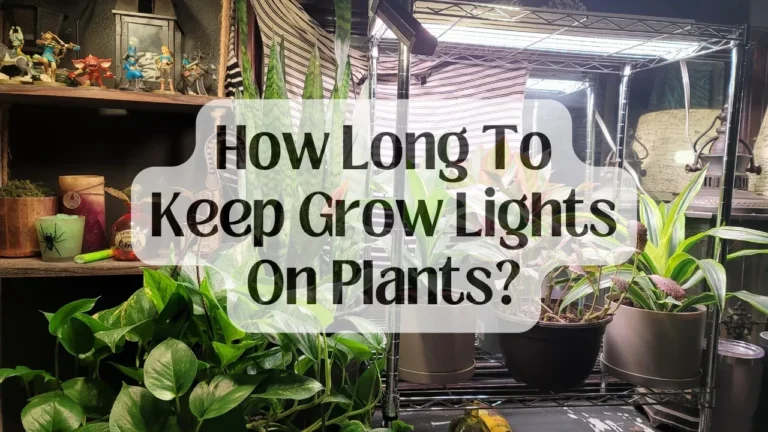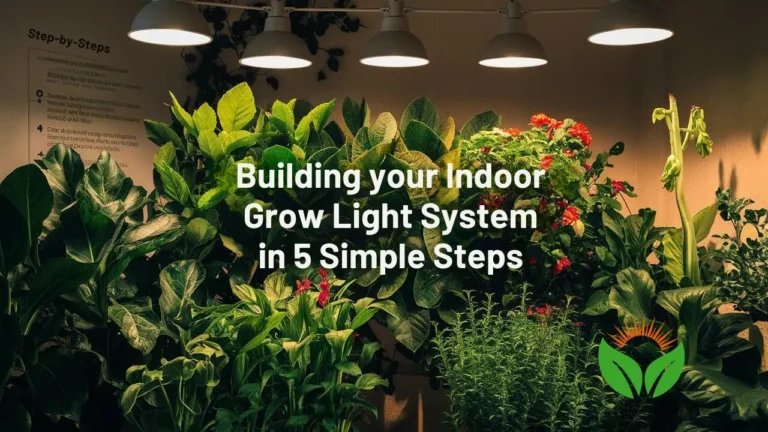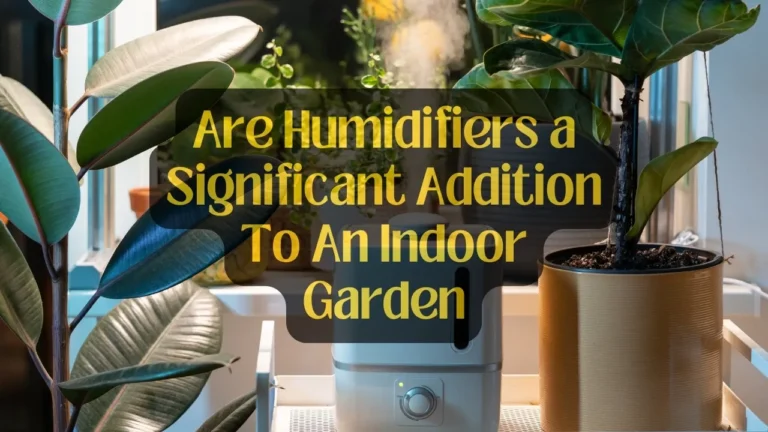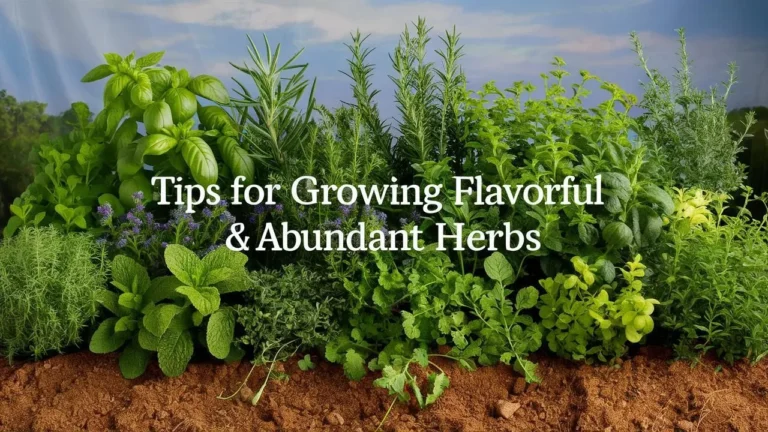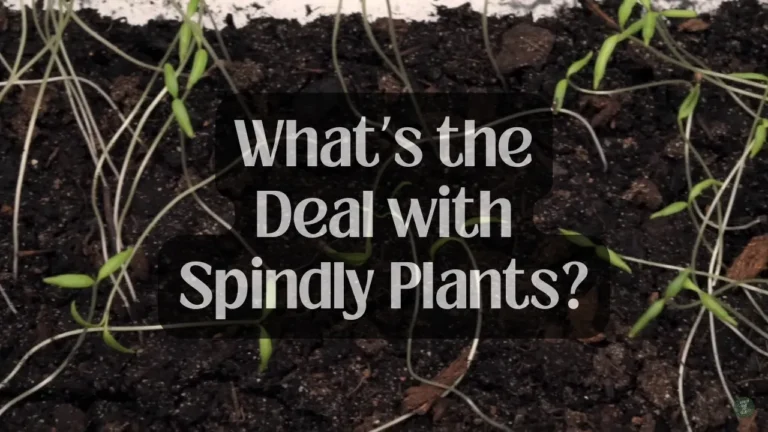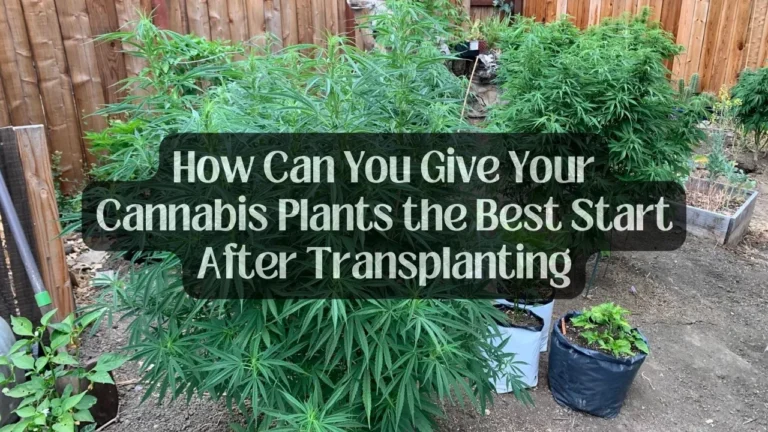Is Distilled Water the Key to Thriving Plants?
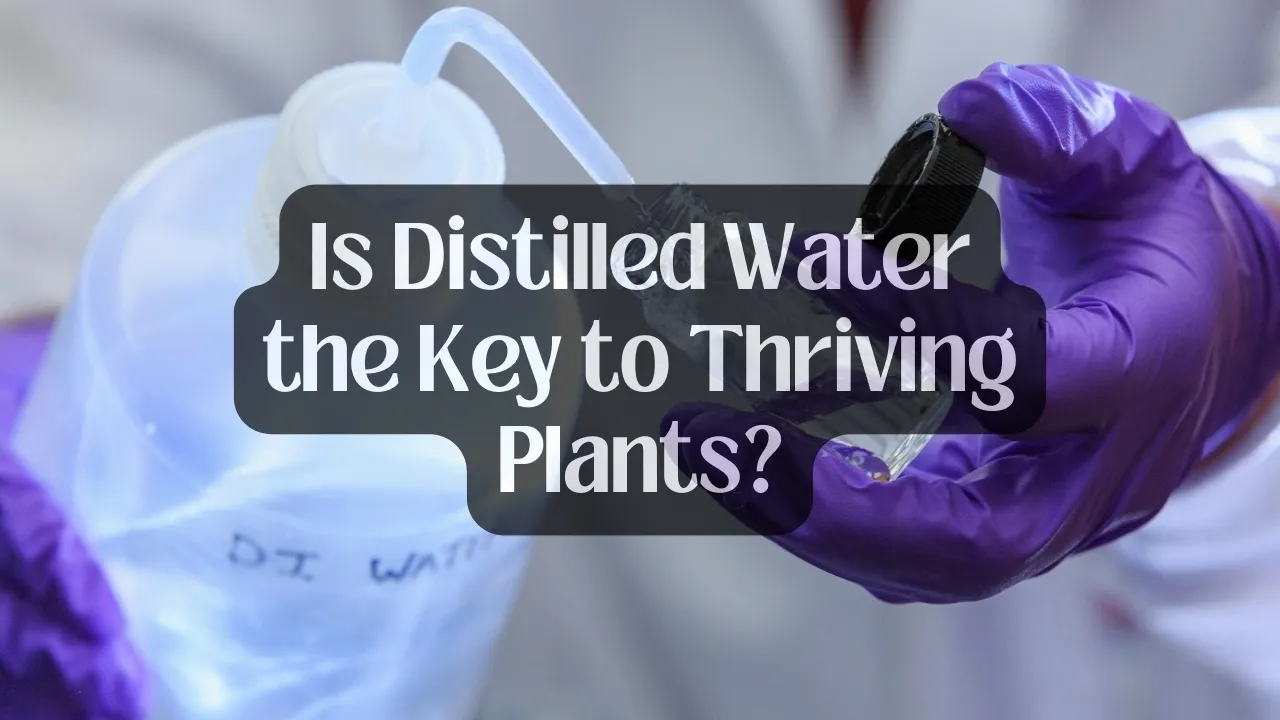
Have you ever wondered what the best water is for your beloved plants? While many people rely on tap water, there’s a growing interest in using distilled water for watering plants.
Is distilled water good for plants? Distilled water can be okay for plants in short bursts, but not ideal long-term. It lacks the nutrients they need to thrive. The thing is only distilled water isn’t ideal for plants. Instead, find the right balance of purified and distilled water that will help your plants grow really fast.
In this article, we’ll explore the benefits and drawbacks of using distilled water. Also, I will help you determine if it’s the right choice for your green friends.
What is Distilled Water?

Distilled water is water that has gone through the process of distillation, which involves boiling the water and collecting the steam.
As the steam cools, it condenses back into water, leaving behind any impurities, chemicals, and minerals. The result is pure H2O, free from contaminants like bacteria, viruses, and nutrients.
Why Consider Distilled Water for Plants?
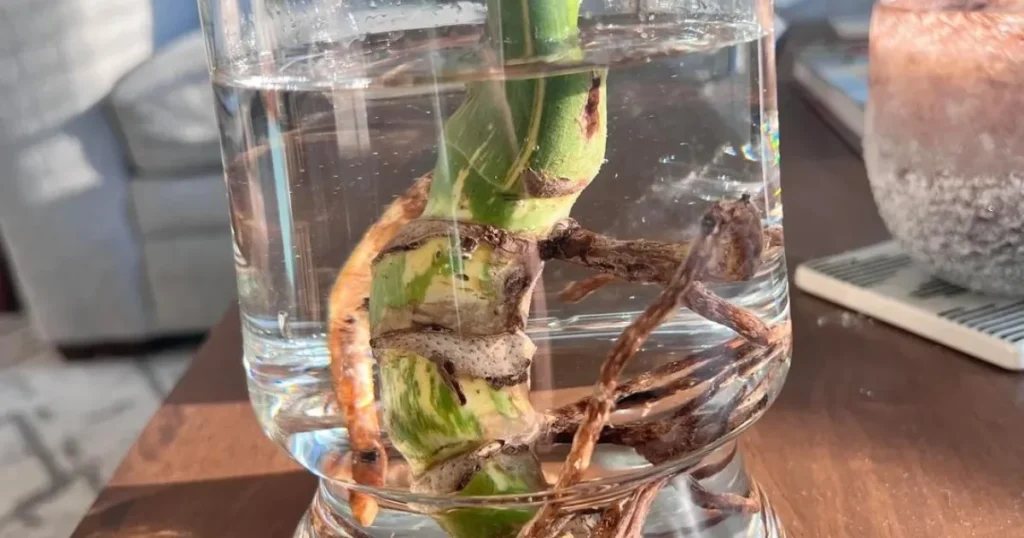
Plants are like tiny water filters. They absorb water through their roots, taking in both the nutrients and the impurities that might be dissolved in it.
For plants sensitive to specific minerals or salts in tap water, distilled water can prevent mineral buildup in the soil, which can harm some plants. Distilled water can also be beneficial for seedlings or germination as it’s free of microbes that might hinder growth.
So, is distilled water the ultimate plant drink?
Not quite. It really depends on your water source and the type of plants you have. Here’s a simple takeaway.
- Tap water is usually fine: Most plants can tolerate tap water’s minerals. Consider alternatives if your tap water is heavily treated or your plants are particularly sensitive.
- Distilled water for special cases: If your plants show signs of mineral toxicity or you’re starting delicate seedlings, distilled water will be a temporary solution. However, using it long-term might require adding supplements to replace missing nutrients.
- Rainwater is a good option: Rainwater is naturally soft and free of most impurities, making it a great choice for plants if you can collect it.
Why is Distilled Water Not the Same as Purified Water?
Distilled water and purified water are both clean, but they go about getting clean in slightly different ways. Imagine them as cousins with similar goals but different methods.
Distillation
This is like a high-tech boiling process. The water gets heated until it turns to vapor (steam), leaving all the impurities behind. Then, the vapor cools and condenses back into pure water. Think of it like super-filtering by turning water into gas and back again.
Purification
This can involve several methods, like using special filters or even magnets! These methods physically trap or chemically attract impurities, leaving clean water behind. It’s like using a super sieve or a magnet to fish out unwanted stuff.
Distillation removes almost all minerals from water, both the good and the bad. Purified water, depending on the method, might leave some good minerals behind.
So, while both are free of contaminants like bacteria and chlorine, distilled water is like a blank slate, missing even the helpful minerals plants and people need. So, for plants, purified water is a happy medium – clean water with a few helpful minerals for them to grow strong!
The Pros and Cons of Watering Plants with Distilled Water
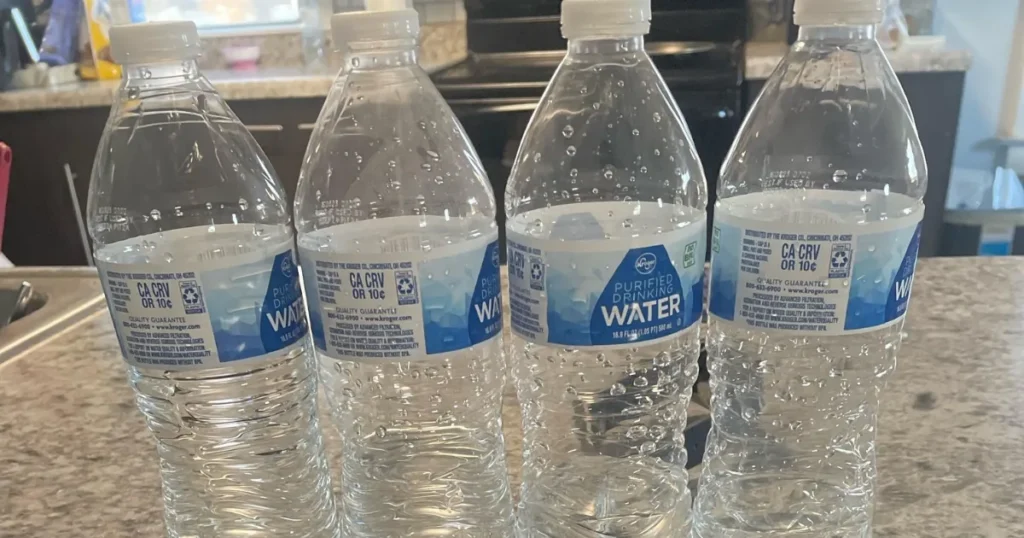
Using distilled water for your plants has both advantages and disadvantages. Although I already have discussed the pros and cons. Let’s get a sneak peak of the pros and cons of distilled water for plants.
On the positive side, distilled water is free from harmful contaminants and can help prevent the buildup of chemicals and minerals in the soil. This is particularly important for sensitive plants or those grown in small containers.
On the negative side, it’s essential to note that distilled water lacks the minerals and nutrients that plants need to thrive. While using distilled water occasionally won’t cause harm, relying on it exclusively may lead to nutrient deficiencies in your plants over time.
Finding the Right Balance..
Watering can be tricky, but it’s not too difficult. Regular tap water is usually fine. If you have rainwater, that’s great too! Just avoid using only distilled water for too long. Mix it up every now and then to keep things interesting for your plants.
This way, they get the good stuff they need and avoid any yucky build-up in the soil. Remember, variety is the spice of life, even for plants!
Conclusion
While distilled water removes impurities, it also removes helpful minerals plants need. Tap water is usually fine, but rainwater is ideal. Distilled water can be a temporary solution for sensitive plants or mineral build-up. Find the watering method that best suits your plants’ needs for healthy growth.

